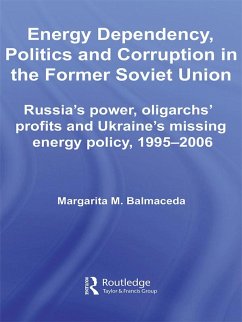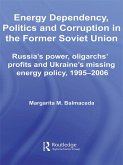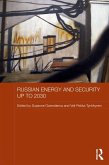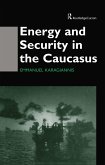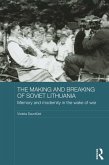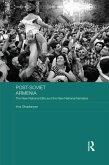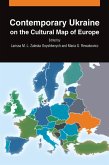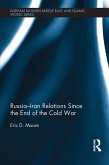Energy has become a major element to Russia's attempts, under Putin, to restore its influence over former Soviet territories and reaffirm itself as the dominant regional power. This book investigates how Russia has manipulated the energy of its neighbours on Russian energy supplies to achieve its foreign policy goals, focusing in particular on relations with Ukraine. This book, based on a multitude of primary Ukrainian and Russian primary sources until now not brought to the attention of Western readers, examines important events such as Russia's January 2006 suspension of gas supplies to Ukraine, and the implications for Ukraine's 'Orange Revolution', other post-Soviet states and Western Europe. However, it goes further in showing how domestic political conditions in non-Russian states may facilitate Russia's use of energy as a foreign policy weapon, investigating the local groups that often receive significant profits from allowing Russia to control energy markets and energy transit possibilities. With European countries becoming more dependent upon Russian energy, this book will be of interest not only to Russian Studies and Eastern European Studies experts, but to scholars of international relations and European politics.
Dieser Download kann aus rechtlichen Gründen nur mit Rechnungsadresse in A, B, BG, CY, CZ, D, DK, EW, E, FIN, F, GR, HR, H, IRL, I, LT, L, LR, M, NL, PL, P, R, S, SLO, SK ausgeliefert werden.

